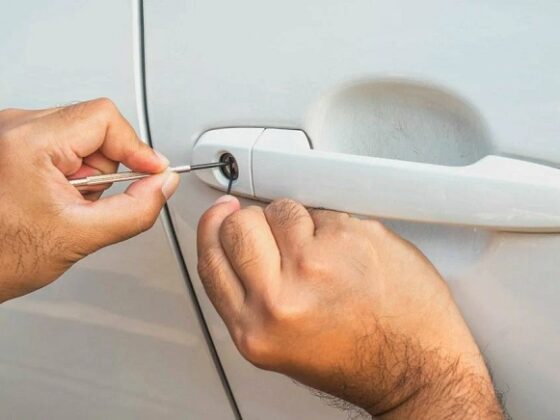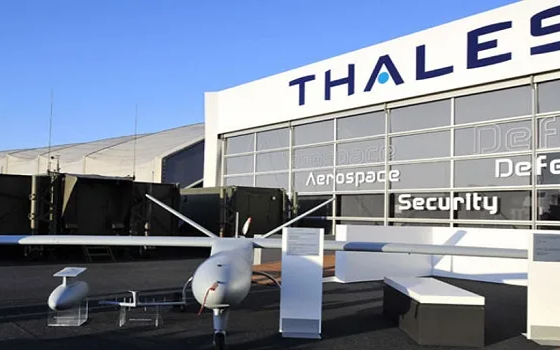The Internet of things creates the conditions for a smart home, things in which can be controlled remotely. Using a smartphone and application you can control the door, light, refrigerator, air conditioning and even pour food into a pet bowl. The Internet also facilitated the security of the house. Smart security systems are very easily tuned and available in the form of themselves-to-sebes, and both full-scale systems with monitoring. Nevertheless, it is the smartest to use either a traditional remote control or a professional smart monitoring system, but also with the response team included. In other words, whatever one may say, but you still have to put the apartment under guard if you really care about your property.
You have two options:
It depends personally on you. You either enjoy the system that monitoring yourself, or pay monthly companies so that your house is under the supervision of specialists 24 hours a day 7 days a week. It is they who will give a signal by local firefighters, police officers or will come when the alarm is triggered to cope with the criminals on their own.
If you do not want to pay regularly for others to follow your home, you can buy sensors and connect them to your own system, for which you will follow your phone or tablet personally.
We conventionally divided the necessary equipment for independent tracking the house into two categories: 1) intellectual home systems that are designed to coordinate a wide range of intellectual home products and 2) systems oriented to safety and functioning on the basis of sensors and alarm/sirens.
It should also be noted that some of the solutions in the market are starting sets consisting of an intellectual home concentrator and several devices, while others are just a hub. You will need to add components to the hub, choosing from products certified by the manufacturer.
Despite the fact that many articles about home security systems are written in a very simple language, and in the description of specific systems everything seems simple and easy, we recommend ordering the selection of the system and its installation from a specialist, since there are many professional nuances. Here, for example,:
Many intellectual hubs should connect to your wireless router through the Ether cable, which limits their placement. Less concentrators are wireless and can be placed anywhere. The concentrator is the basis of the system.
It is worth taking into account backup power. If the food is turned off, your intellectual systems can be inappropriate, but other functions of smart domain, such as safety sensors, rely on a concentrator, which is always turned on. Many intellectual hubs, even those that are not built into the security system, support reserve batteries. Even a short -term power outage can cause a significant delay in operation, which is required to ensure that the concentrator connects again, so the reserve power makes sense in many the situation. If you like everything regarding a specific concentrator who does not have an option of a backup battery, think about investing in a source of uninterrupted power.



